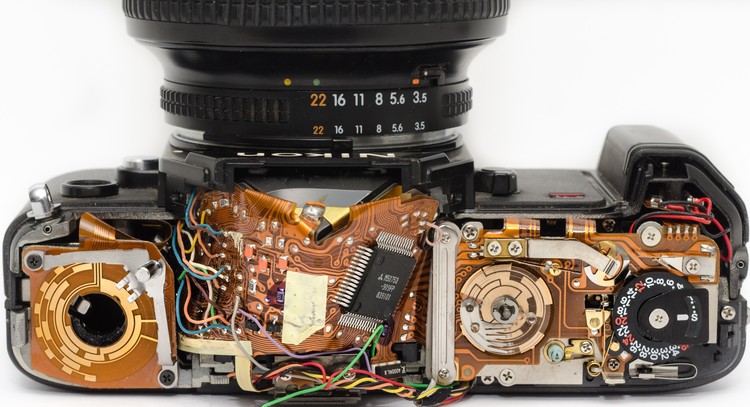WEEE - Lifeweee
WEEE
WEEE is the acronym used to indicate the waste of electrical and electronic equipment, which stand out in the world for the highest rate of growth in waste

A recent survey in Tuscany has shown that only 20% of respondents know what WEEE are
13 kg of electronic waste is 'produced’ per capita
6.40 kg per capita
is the average WEEE collected in Tuscany, 10kg per capita is the goal to be collected.
---
WEEE, an acronym used to refer to Waste Electrical and Electronic Equipment, undwerwent the fastest growth in the waste stream in the world, and is expected to soon reach fifty million tonnes a year. Although the production of WEEE is estimated at three times the rate of municipal solid waste, so far little attention has been paid to the problem.
WEEE consists mainly of metal and plastic components , but they also contain small quantities of heavy metals and dangerous substances . Over time toxic chemicals in electronic products can penetrate the soil or be released into the atmosphere, affecting neighbouring communities and the environment. The improper disposal of WEEE leads to environmental pollution and this can in turn damage human health: an adequate collection system represents the first step towards the recycling of components and for the protection of human and environmental health.
The project aims to increase the recovery of precious resources from EEE during the last stages of their life cycle, thus reducing the negative impacts deriving from the use of virgin raw materials and the dispersion of WEEE in unsorted municipal waste.
Perhaps not everyone knows that with the materials used to build a washing machine, we could make 19 pots, 5 cans, 2 meters of copper cables and a garden chair; from a refrigerator we could make 2 car rims, 81 cans, 2 meters of copper cables and 122 plastic bottles. Up to 100 grams of gold can be obtained from 10,000 computers. There are many and valuable reusable materials inside televisions, refrigerators, broken or obsolete cell phones that we have at home and we often don't know how to get rid of. Just as many as there are highly polluting substances within them.
In the Attachments section you will find a summary of the Annual Report by the WEEE CoC on WEEE Collection in Tuscany, 2019 edition (only in Italian) and the LIFE Environmental Governance and Information Technical Application Forms (only in English).



